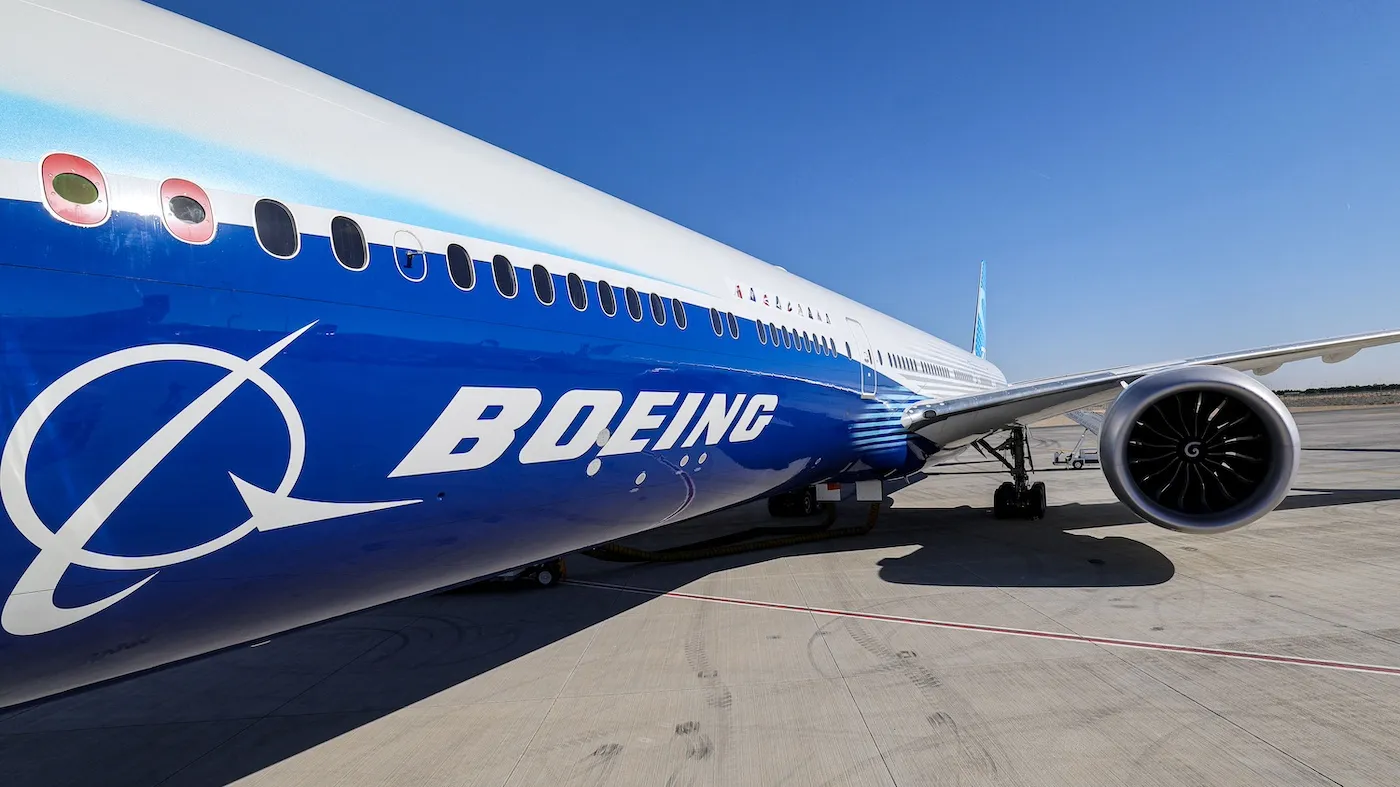Boeing Resumes Union Negotiation Talks Monday Following Extended Strike

Boeing's Negotiation Strategy Moving Forward
Boeing will return to the bargaining table with striking union workers on Monday after weeks of deadlock, the union announced Friday. Since September, around 33,000 machinists have gone on strike from the company’s West Coast factories, raising grievances over pay, pensions, and annual bonuses.
The Strike and Worker Demands
Boeing CEO Kelly Ortberg sent an internal email Friday sharing that a resolution is a priority for their team and that they are willing to resume talks. The aerospace company's employees, represented by the International Association of Machine and Aerospace Workers (IAMW), walked out on Sept. 13, resulting in slowed production of key products including the Boeing 777, 767, and 737 MAX jets. Workers initially requested a 40 percent general wage increase over three years and the reinstatement of a pension plan, which was denied.
Company's Offers and Union Response
Boeing offered a 25 percent wage increase without an annual bonus, later raising it to a 30 percent wage increase over four years and reinstating the annual bonus, doubling the lump-sum payment to $6,000. However, IAM’s District 751 rejected the offer, indicating it was insufficient. Boeing continues to refuse to reinstate the pension plan it eliminated in 2013.
Impact on Workers and Company
Union workers participating in the strike have already forfeited their first paycheck and lost access to healthcare benefits. Meanwhile, Boeing's SPEEA union members have offered up to $99,000 to assist the workers’ hardship fund. Boeing has faced intense scrutiny throughout the year due to safety issues and declining defense sales. Thus, resolving the strike is crucial for the company’s future production plans.
This article was prepared using information from open sources in accordance with the principles of Ethical Policy. The editorial team is not responsible for absolute accuracy, as it relies on data from the sources referenced.